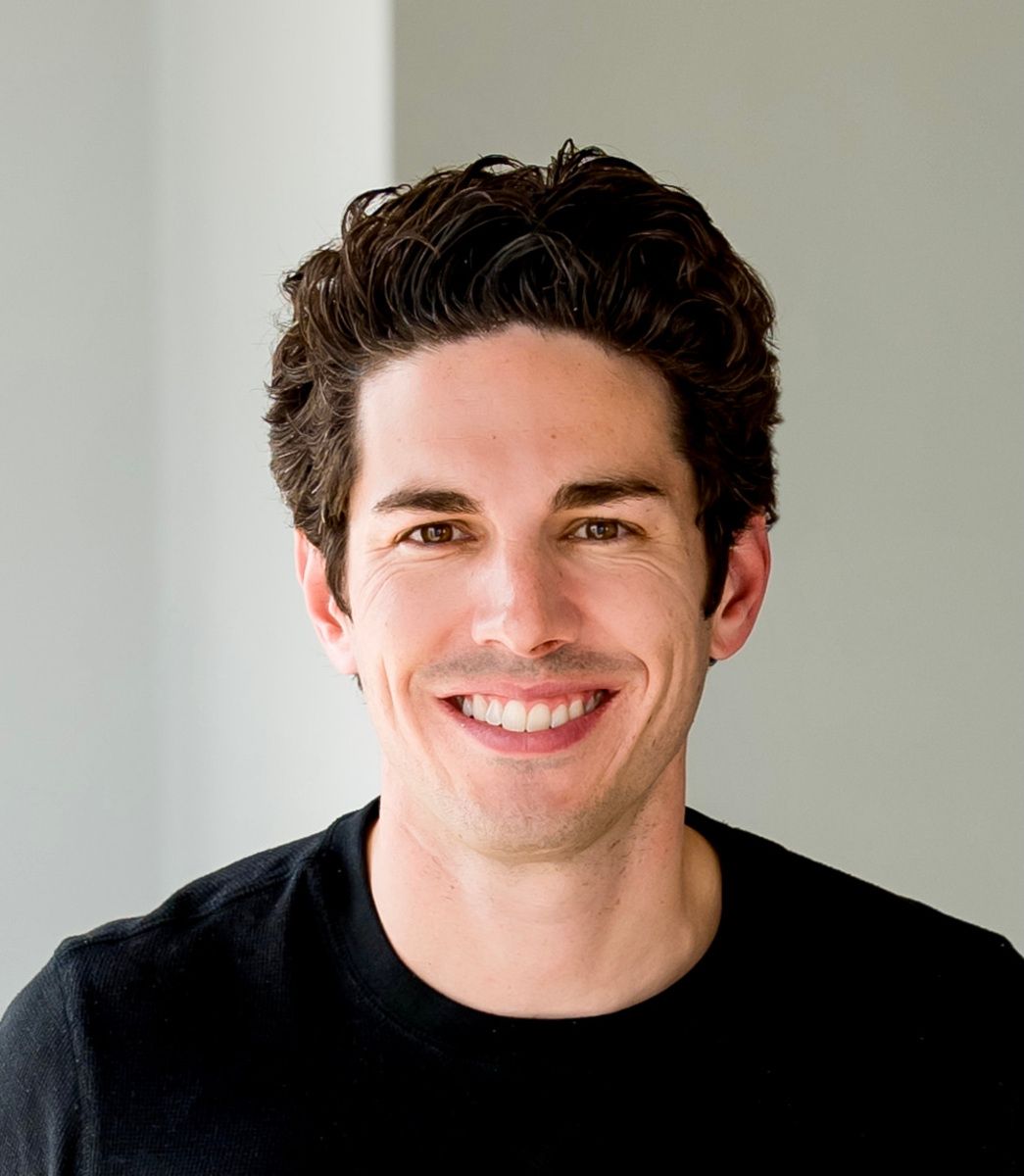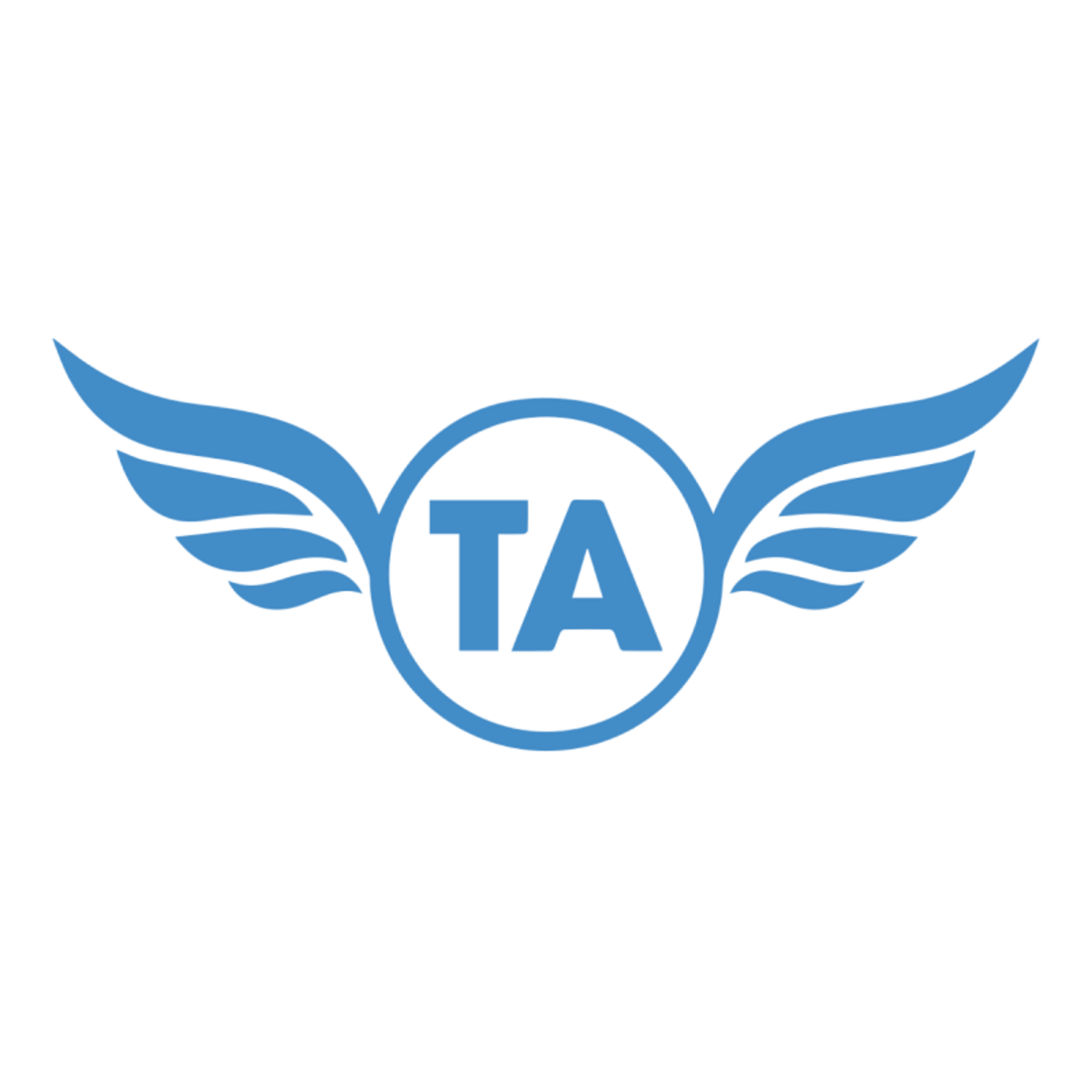In the recent past, someone asked me a question that I had never been asked before:
“What is the hardest part of your job?”
Even though I had never been asked that question, I actually had already had the answer.
My response?
“The hardest part of my job is giving a “No / Pass” decision to startup founders.”
This may surprise you. So, let me back up a bit.
The Time Imbalance Between Founders and Investors
In 2014, I got into entrepreneurship totally unplanned.
My father, who became my startup co-founder, presented me with an idea that he had developed an algorithm for trading bonds that was unique to the market.
The side project with my father became a part-time thing while doing graduate school. Then, I became full time on the business after graduating.
As a co-founder, even though I brought the business acumen and not the technical bond knowledge, I had come to believe in my father’s initial vision for the bond market, and yet also create and develop my own vision for what “ought to be” in the bond market.
When I started to approach venture capitalists and angel investors for my company, I had already spent about two and a half years of my life in the company.
Then, while pitching with and meeting with VCs, I realized a strange dynamic of the VC world.👇
✅ For founders, their startup often represents their life’s work.
For investors, that startup often represents a 30 minute transaction. ✅
In my case, I had spent 2.5 years on this venture. Yet, after a 30 minute meeting, investors told me that they were passing.
In the case of my father, he started in the bond market in 1991. By the time, we started the FinTech startup in 2014, he had 23 years of experience in the bond same market - 23 years of network connections, the 23 years of seeing a wide cross section of how hundreds of firms traded bonds, and 23 years of aggregated insights. These 23 years qualified him with 360 degree knowledge to do what we were doing.
On an emotional level, my father saw our FinTech startup as the capstone of his professional career.
And yet, after a 30 minute meeting, investors told us that they were passing.
✅ If I’m being honest, as a founder, the time commitment imbalance not only always bothered me but also felt dreadfully unjust. At times, it even felt cruel. ✅
Maybe you can relate.
That’s one reason why I dislike giving “No / Pass” decisions to founders.
How I’m Wired
But the second reason is that by nature, I’ve always had a bent towards collaboration. I’m highly relational and am a “Connector” by nature. I find great emotional satisfaction in connecting with others and finding commonalities. I’m much more wired to prefer to find how things can work out.
With these two factors combined, I found myself in this weird spot a few month into Tundra Angels.
I realized that I couldn’t say, “Yes,” or, “Let me help you,” to most people that I met. Instead, I learned that I was saying “No.”
A lot.
I remember realizing a few months into starting Tundra Angels that my actions felt inauthentic to who I actually was.
Now, maybe the founder across the Zoom screen didn’t spend years of their life pursuing this venture. Maybe they formed a vision based on a recent experience they had, which caused them to pursue this venture.
So, a few months into starting Tundra Angels, I felt as if I was either raining on the parade of someone’s life work… or I was crushing someone’s dreams!
What a fun job, I thought!
As the months have turned into years and have resulted in 18 portfolio companies as of June 2024 and hundreds of meetings and discussions with founders, I’ve learned two things:
Why “No’s” are Necessary
Shift the Focus from the Decision to the Delivery
1. Why “No’s” are Necessary
Some time ago, I wrote the following reflection in my journal:
“I was up at 3:30 a.m. last night feeling very overwhelmed with all of the deals on the Tundra Angels plate.
[Listed all of the 8 companies currently in due diligence]
Then I had thought, "Everything that I'm doing right now is a result of not saying "No" for months. So I shouldn't be surprised.
…I didn't say "No" to Company A in February (it was now July) and it’s been on my mind for a long time. Too long.
Then for the companies that pitched at the pitch meeting:
I moved forward with Company B even though one person expressed interest in due diligence. I reality, I probably shouldn't have moved that forward.
Same with Company C
Company D and Company E - they didn't have enough investor representation in due diligence and I still moved them forward, and turned out we later passed on then even though the process dragged out for months, consuming tons of mindshare.
My inability to say no has caused us to lead along many founders such as Sally Jones from Company D. Not to mention my time over and over again.”
Then I realized the fundamental reason for a “No / Pass” decision.
If an investor is saying “Yes / Let’s move forward” to a lot of companies, then by definition the investor is saying yes to many overly average companies or opportunities. Statistically speaking, there are not that many exceptional companies.
I realized that if “No / pass decision” was a key piece of my work, something had to change about the way that I thought about passing on founders.
2. Shift the Focus from the Decision to the Delivery
After accepting that “No / Pass” decisions are part of the VC routine, I shifted my focus from the “No / Pass” decision itself, to the delivery of the “No / Pass” decisions.
I can flex who I am - my mind, my heart, and my former founder-self - in the delivery of the “No / Pass” decision.
With that said, here are three premises that I think about and communicate to the founder in a “No / Pass” decision to help gracefully soften the emotional blow as much as possible.
There is Always a Snapshot in Time at Play
I continually tell founders in my “No / Pass” emails that I know that I am interacting with them at a point in time - either it’s too early for the concept, a lead investor isn’t in place, etc. There are hosts of factors. And time may change the analysis.
A “No / Pass” decision may be due to lack of investor fit. But it also may be due to the snapshot in time of where the startup is in it’s journey and at what point the investor sees it as investible.
I always welcome founders back a second or even third time if it’s a decision based on the snapshot in time.
“It’s Not You, It’s Us or Your Market”
I often make very clear to the founders that my “No / Pass” decision is not an offense to who they are as a person. I try to reiterate my respect for them.
Thus, I try to make clear why Tundra Angels is not the best fit for the startup. Maybe we don’t have anyone in our network that can adequately vet out the deal for the rest of our members. Or, maybe we don’t love the time frame involved in the journey, such as taking a therapeutic to market. It’s not a fit for us, but for some others it might be.
But there is another broad category beyond, “It’s not you, it’s me.” It’s that we just don’t love the market.
Startups are living organism within the larger constraints of the market. The market has embedded constraints for things like:
Who decision makers are at a given customer in a given market, the pricing levels that customers are used to paying to solve a certain problem, typical sales cycles in a given industry, etc.
Startups take what they are given and try to work around those constraints to find product/market fit.
What that infers is that there are many startups that we’ve passed because we think that say in a marketplace play, the supply and demand is largely aggregated already and likely cannot be dis-intermediated, or not many customers are entering buying cycles and the play is to largely replace Incumbent X which possesses a strong brand, etc.
Some markets just don’t lend itself to highly scalable products. That’s not the founders fault. It’s not the startup’s fault. It’s a fact of nature about the given market.
Thus, I try to be specific on the fundamental reason behind the “No / Pass” decision.
Always Give Tactical Feedback
I want to be the investor that I wish I had. I obviously won’t invest in the vast majority of the startups that I see.
✅ Yet, I feel like one of my greatest assets to all founders is the high velocity input of startups that I see and speak to.
This continual stream of inputs builds my pattern recognition and mental models on how the startups that win tend to win, and where startups that perform average tend to miss the mark. ✅
If that’s my intellectual IP, then in “No / Pass” decisions I try to share a bite-sized piece of that with the founder.
When I see something positive, I want to call it out.
When I observe several land mines that the founder does not see, I try to communicate it clearly with the “Why” behind the rationale.
One of the Best Emails that I Received
At one time, I received this email response from the founder of a startup that didn’t pan out with Tundra Angels.
I share this to not pat ourselves on the back but rather to validate the approach that Tundra Angels takes with founders.

Closing Thoughts
✅ I believe that one of the reasons why “No / Pass” communications sting for founders and is because the investor’s communication is too sterile, is far too vague to be helpful, and leaves way too much room for misinterpretation. ✅
There needs to be a different approach.
In sum, I’ve chosen to adopt the mindset of sometimes still is the “worst part of my job” to an opportunity. An opportunity to give the founder something they didn’t have before - non-obvious insights about their market, their execution, and watch-outs.
But ultimately, a “No / Pass” decision is an opportunity to give founders something that we all long for at our core - value and belonging.
To access all of my 34 articles up until this point, click or subscribe below!
Here are some selections of recent articles!



